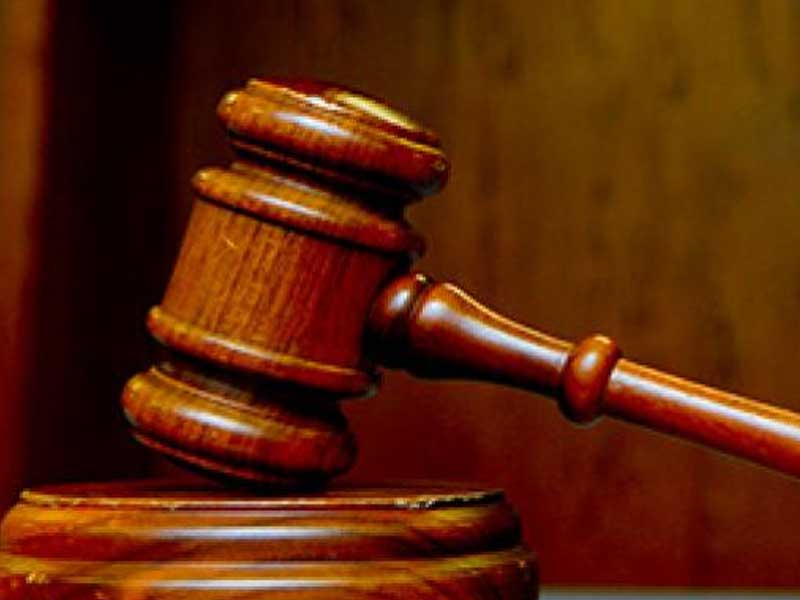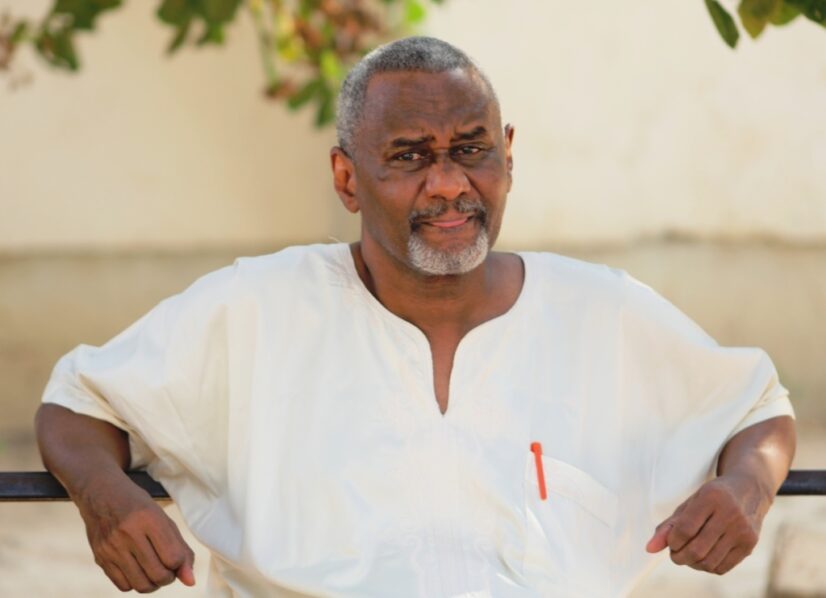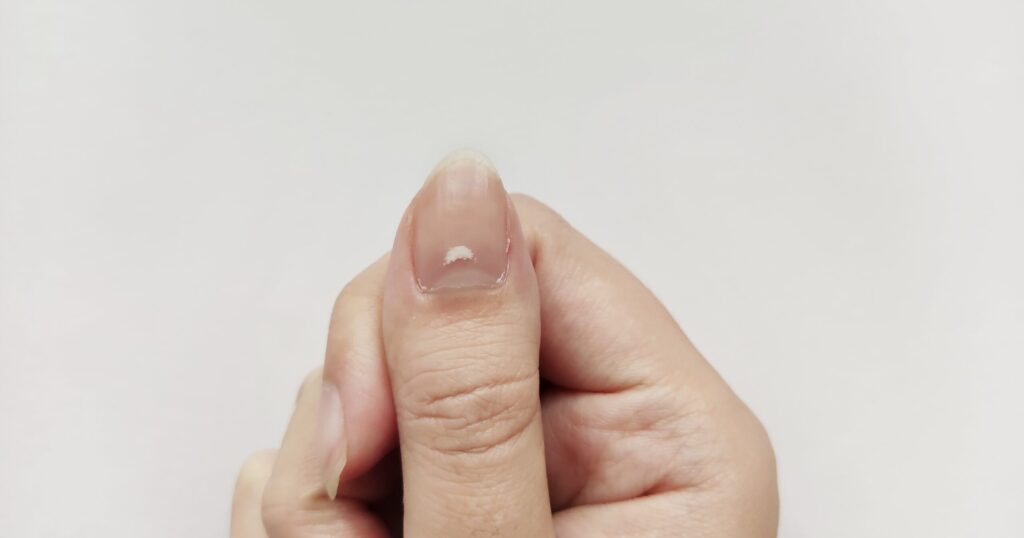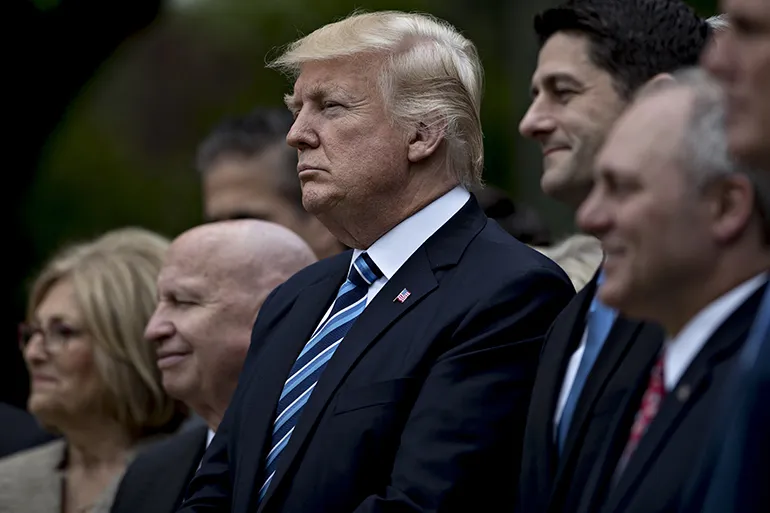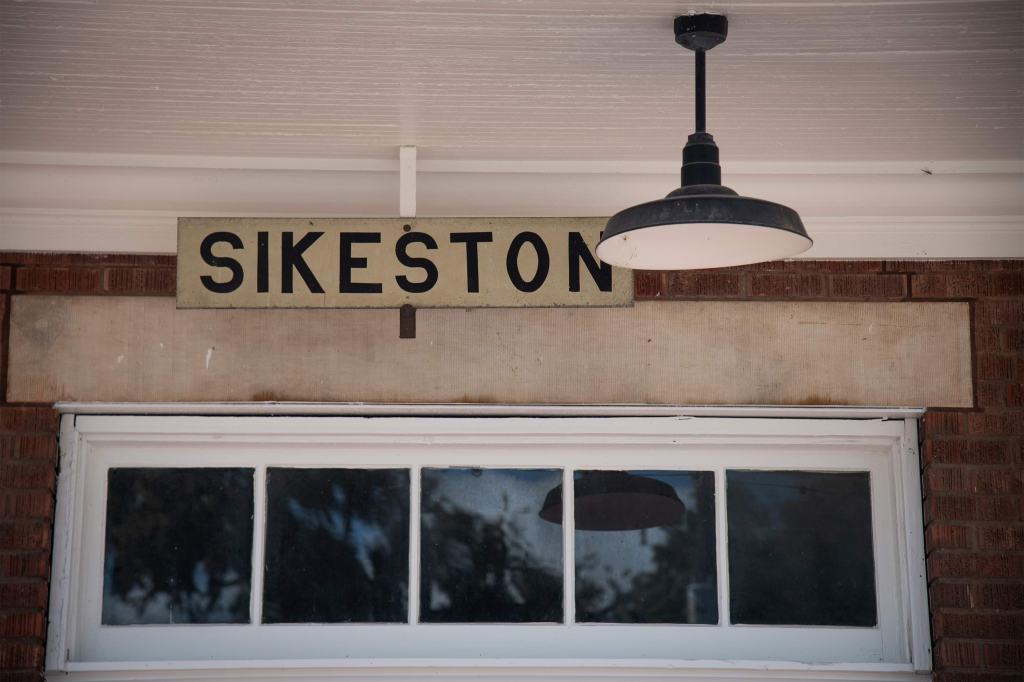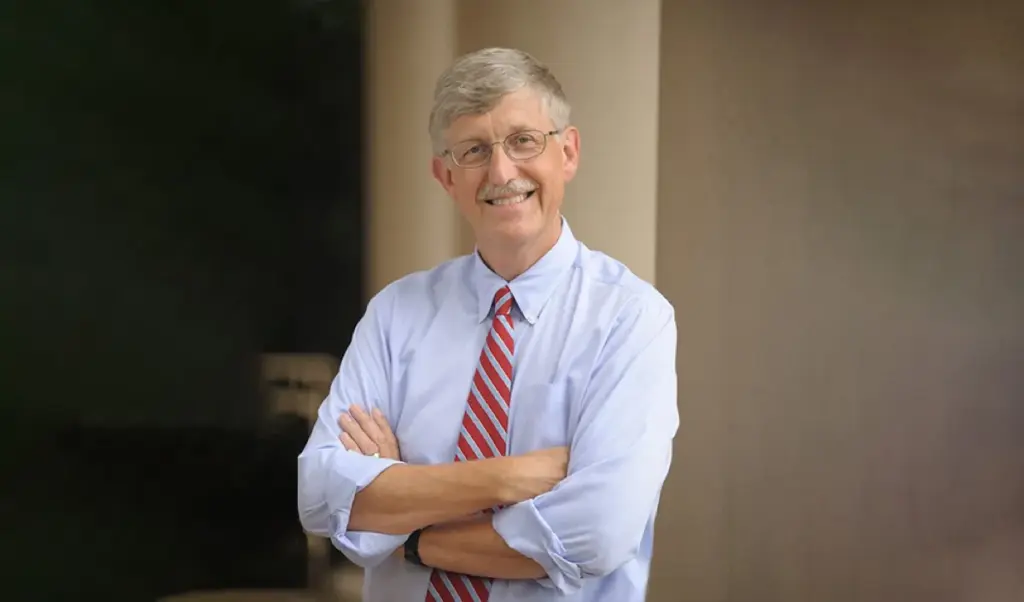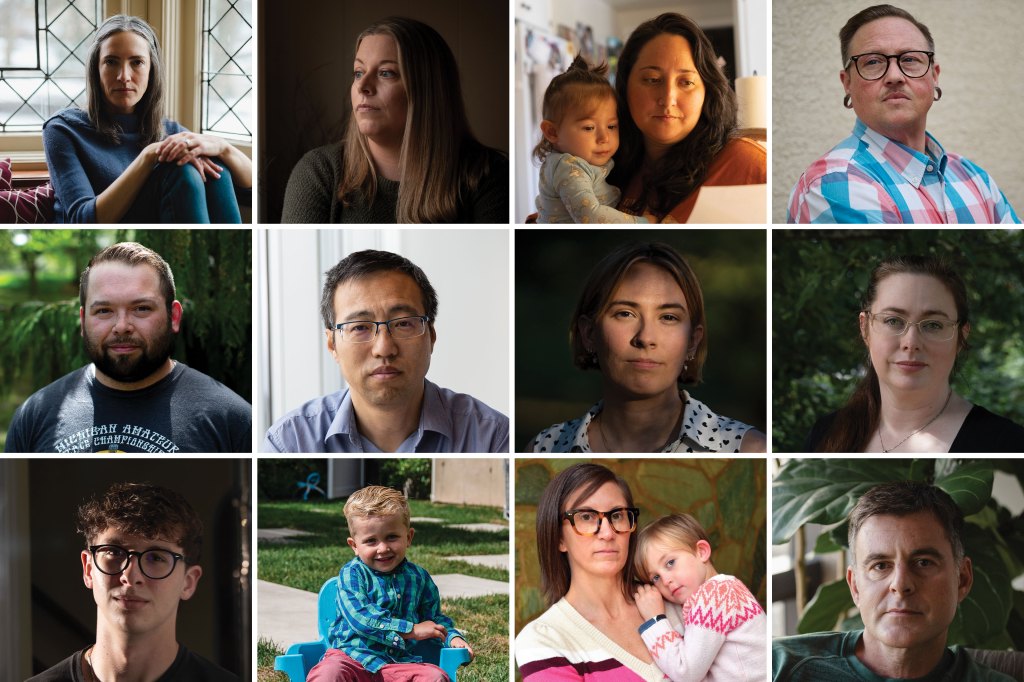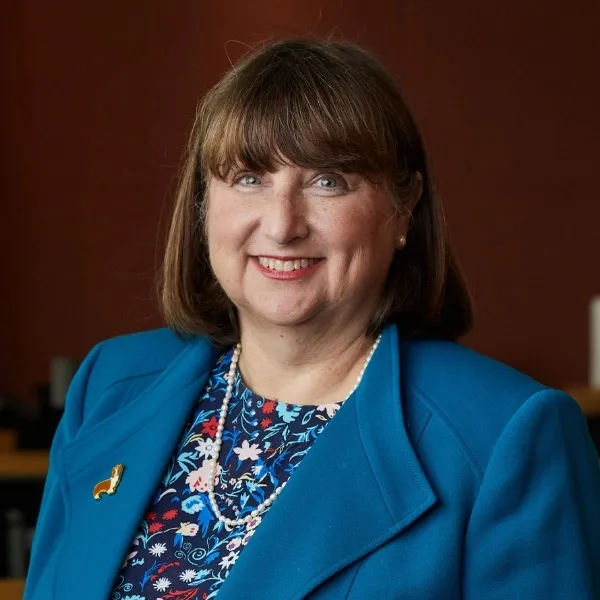Watch: What You Reveal, You Heal — Meeting the Makers of ‘Silence in Sikeston’
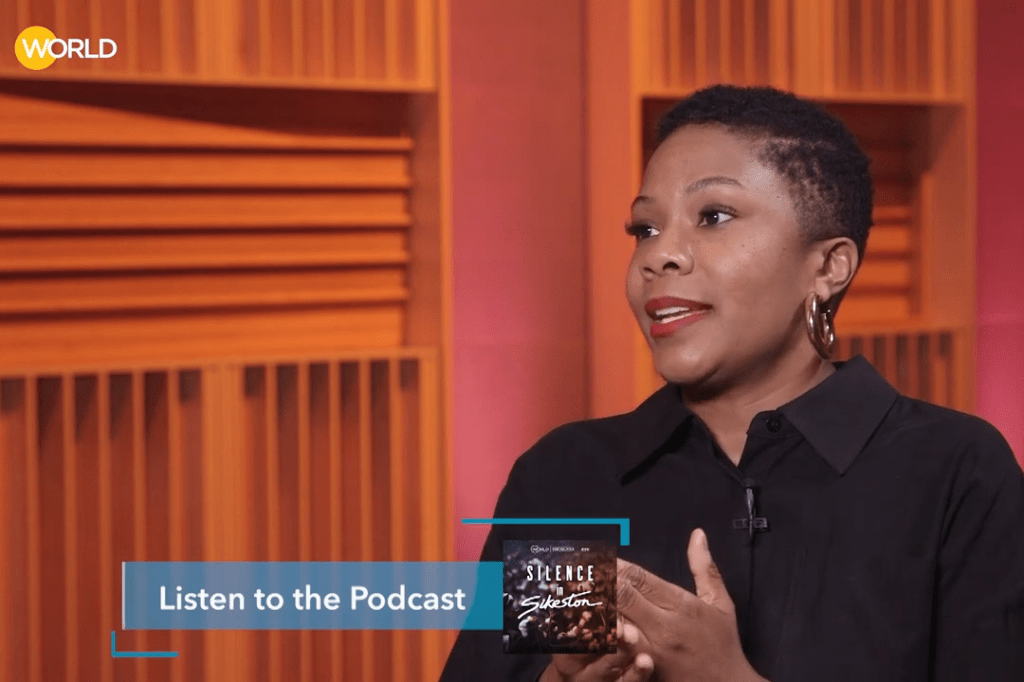
Health News tamfitronics
KFF Health News Midwest correspondent Cara Anthony sat down with WORLD executive producer Chris Hastings to discuss the origins of the “Silence in Sikeston” project, which explores the impact of a 1942 lynching and a 2020 police shooting on a rural Missouri community. The collaboration with Retro Report includes a documentary film, educational videos, digital articles, and a limited-series podcast on the toll racism has on health.
For more on the “Silence in Sikeston” project:
WATCH: The documentary film “Silence in Sikeston,” a co-production of KFF Health News and Retro Report, is now available to stream on WORLD’s YouTube channel, WORLDchannel.org and the PBS app.
LISTEN: The limited-series podcast
- Episode 1: “Racism Can Make You Sick”
The 1942 lynching of Cleo Wright in Sikeston, Missouri, and conversations with one of the few remaining witnesses launch a discussion about the health consequences of racism and violence in the United States. Host Cara Anthony speaks with history scholar Eddie R. Cole and racial equity scholar Keisha Bentley-Edwards about the physical, mental, and emotional burdens on Sikeston residents and Black Americans in general.
- Episode 2: “Hush, Fix Your Face”
Racial violence is an experience shared by residents of Sikeston, Missouri, and many Black Americans. Staying silent in the face of this threat is a survival tradition families have passed down to their children to keep them safe. After host Cara Anthony uncovers details of a police killing in her family, she and psychologist Aiesha Lee discuss the silence that surrounds racism and its effects on health across generations — including the reverberations Anthony and her family live with today.
- To catch the upcoming episodes, subscribe and listen on PRX, Apple Podcasts, Spotify, iHeart, or wherever you get your podcasts.
READ: KFF Health News Midwest correspondent Cara Anthony wrote an essay about what her reporting on this project helped her learn about her own family’s hidden past.
- “No One Wants To Talk About Racial Trauma. Why My Family Broke Our Silence.”
Discover more from Tamfis Nigeria Lmited
Subscribe to get the latest posts sent to your email.



 Hot Deals
Hot Deals Shopfinish
Shopfinish Shop
Shop Appliances
Appliances Babies & Kids
Babies & Kids Best Selling
Best Selling Books
Books Consumer Electronics
Consumer Electronics Furniture
Furniture Home & Kitchen
Home & Kitchen Jewelry
Jewelry Luxury & Beauty
Luxury & Beauty Shoes
Shoes Training & Certifications
Training & Certifications Wears & Clothings
Wears & Clothings







